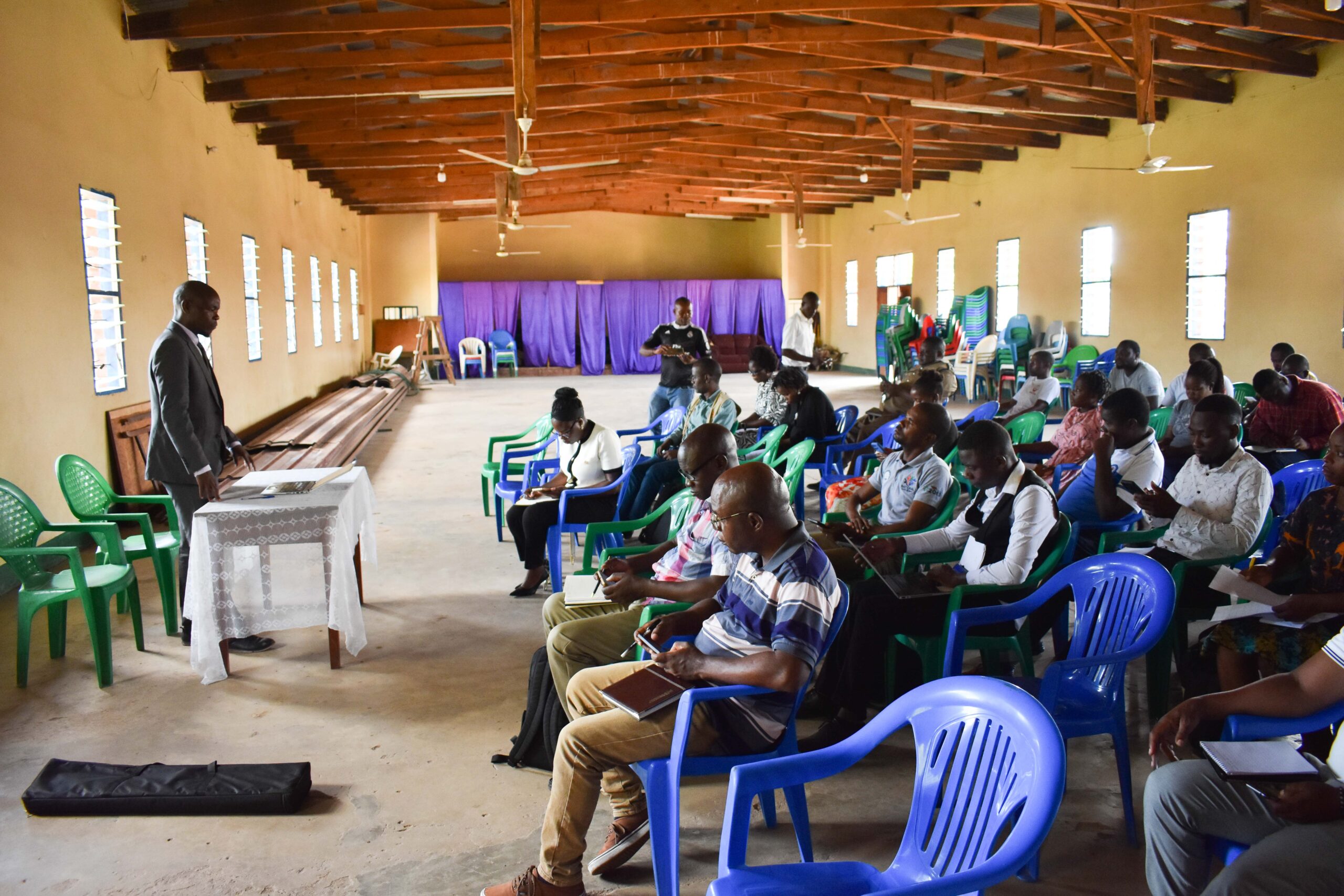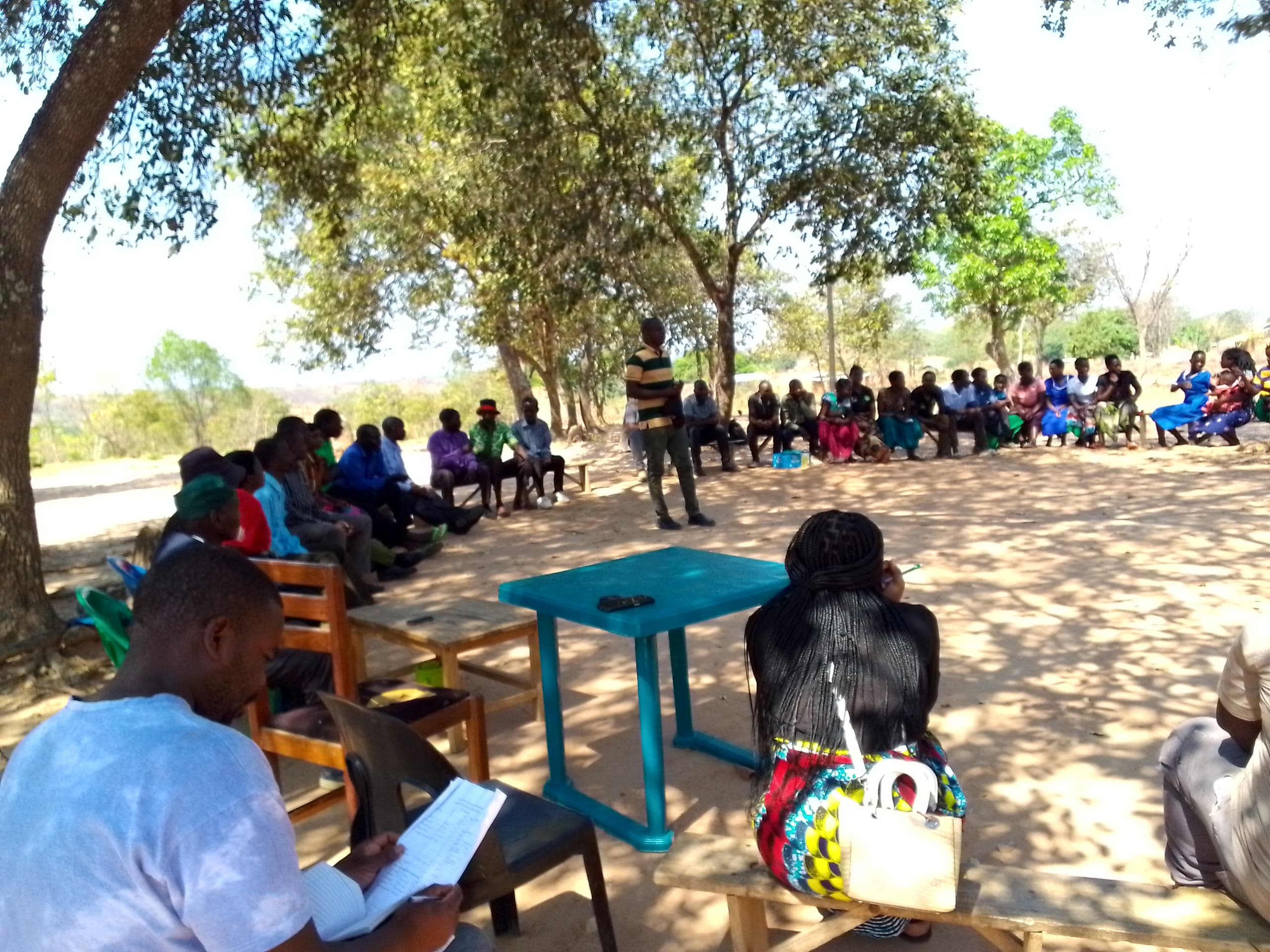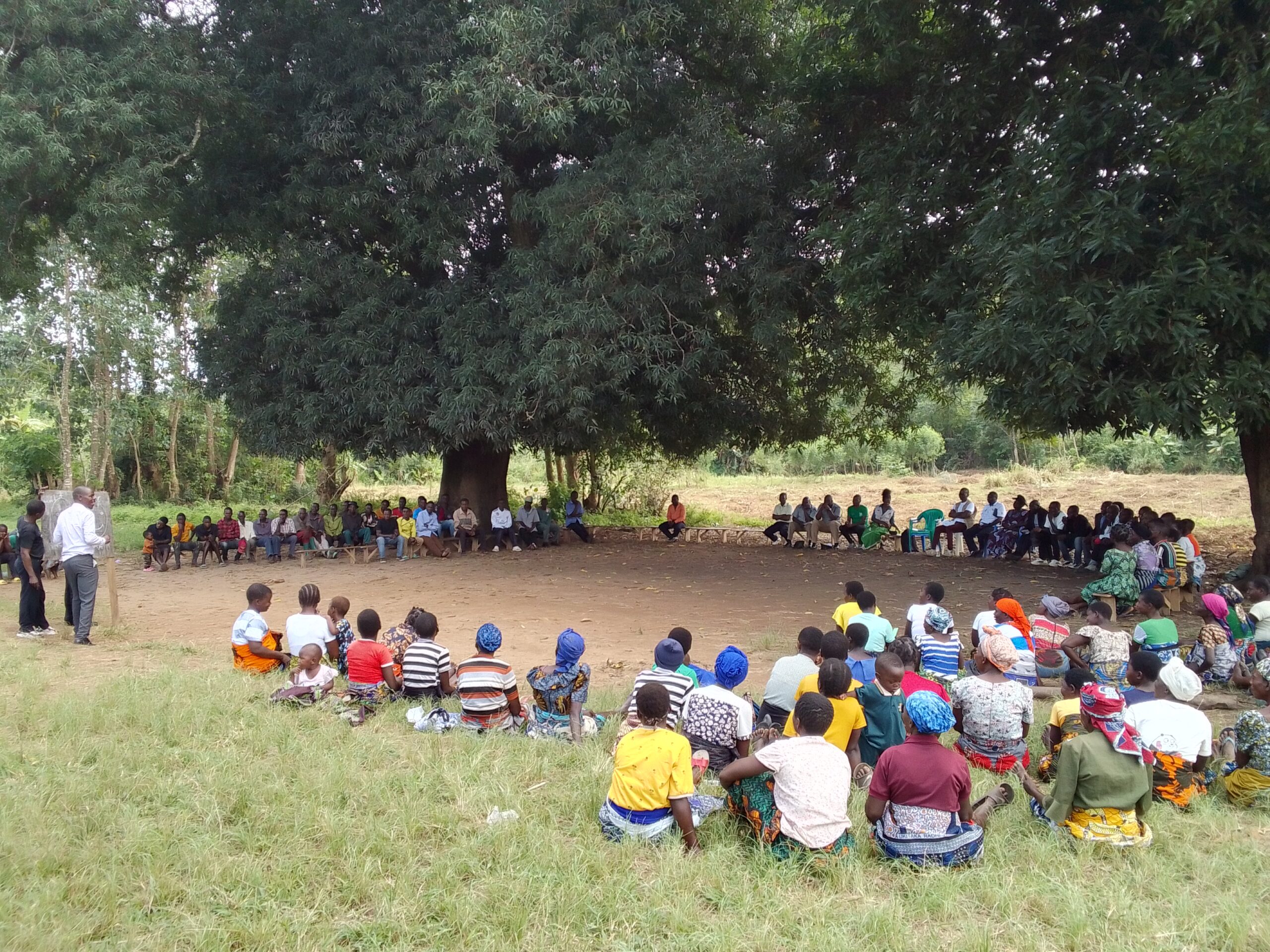Karonga Diocese Justice and Peace Department Concludes Two Projects
By Noel Chatepa On January 16, 2025, the Justice and Peace department of the Karonga diocese held an exit interface with the Karonga DEC to mark the conclusion of two projects, the Gender Based Violence (GBV) project and the Fighting...
Read MoreNCA-DCA JOINT COUNTRY PROGRAM VISITS KARONGA DIOCESE ON MONITORING VISIT
By Noel Chatepa A team from the NCA-DCA Joint Country Program visited the Karonga Diocese to monitor the Gender Based Violence and Fighting Inequalities projects being implemented by the Catholic Commission for Justice and Peace (CCJP) in the diocese as...
Read MoreEMPOWERING YOUNG MINDS: HOW CODES OF CONDUCT ARE TRANSFORMING PRIMARY SCHOOL SAFETY
By Noel Chatepa Child Safeguarding is a critical aspect of education especially in primary schools and the setting of code of conducts in schools plays a crucial role in creating a safe and secure environment for learners. Through its Gender...
Read More“SURVIVING GENDER BASED VIOLENCE: THE STORY OF TIONGE MUWISA”
By Noel Chatepa Tionge Mubisa “After I had my third child, I was diagnosed with cervical cancer and my husband started abusing me verbally and physically saying that I am of no more use to him as I can no...
Read MoreGBV CASES REDUCED IN KARONGA THROUGH THE GENDER BASED VIOLENCE, SEXUAL AND REPRODUCTIVE HEALTH RIGHTS PROJECT
By Wantwa Mwakasungula - TFM It has been a remarkably transformative journey throughout the year with the implementation of the Gender-Based Violence, Sexual and Reproductive Health rights project in Karonga district in Karonga district under the Catholic Commission for Justice and...
Read More“STAKEHOLDERS TRAINED ON GENDER-BASED VIOLENCE CASES COURT PROCEEDINGS”
By Wantwa Mwakasungula - TFM CCJP Karonga Diocese project coordinator Vincent Bwinga (Standing) during a training session, The Catholic Commission for Justice and Peace (CCJP), in collaboration with the Karonga Magistrate Court, has convened community stakeholders such as Chiefs, Mother...
Read MoreCOMMUNITIES URGED TO REPORT GENDER BASED VIOLENCE THROUGH SUGGESTION BOXES
By Lusungu Mzembe - TFM The Catholic Commission for Justice and Peace (CCJP) under Karonga Diocese through the Timazge Nkhaza Project has urged community members of Karonga district to report gender-based violence issues through the suggestion boxes that have been placed at various institutions in the district....
Read MoreCOMMUNITY SENSITIZATION CAMPAIGNS BY CCJP: A Stand Against Violence
By Noel Chatepa In a world where ancient beliefs intersect with modern human rights, the Catholic Commission for Justice and Peace (CCJP) Karonga Diocese has taken a bold step to address one of the most pressing issues which is violence against individuals...
Read More“COMMUNITY BYLAWS: ASSISTING VILLAGE DEVELOPMENT COMMITTEES IN THE FIGHT AGAINST CHILD TRAFFICKING”
By Noel Chatepa CR is one of the many girls who have been trafficked to Tanzania and brought back. “We were surprised to notice that our 16 year old daughter CR (not her real name) was not present in our...
Read More“PUBLIC EXPENDITURE TRACKING (PET): A PATH TO TRANSPARENCY AND ACCOUNTABILITY”
By Noel Chatepa The Catholic Commission for Justice and Peace (CCJP) Karonga diocese conducted a Public Expenditure Tracking sensitization session on 9th May 2024 at Kangindwa Primary School on how to improve transparency and accountability in the management of School Improvement...
Read More


